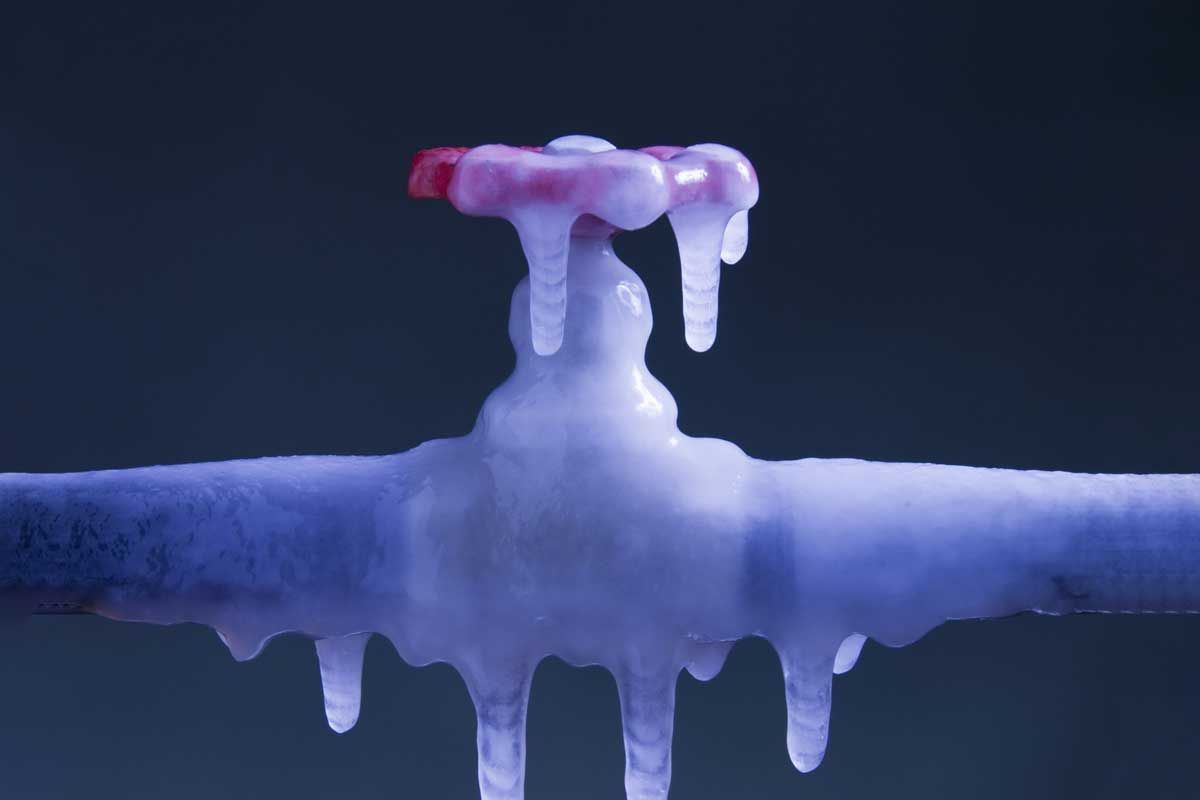Preventive Measures You Can Take Against Frozen Pipes
If you’ve lived in Centennial or any of the surrounding communities for even just a year, then you’re very well aware that even though we may get some pretty sweltering summers, our winters are nothing to contend with.
Once fall hits, you need to move pretty quickly to prepare and protect your home from winter conditions. There are a lot of things to consider here. Is your heater well maintained and ready to keep you warm? How’s your indoor air quality? Oh and, is your plumbing system prepared for the colder temperatures?
That last question may have taken you by surprise, but it’s important to think about. After all, even just a couple consecutive days of temps below 30°F can result in frozen pipes. And this is a much bigger deal than many homeowners realize. Read on to learn more!
Why Are Frozen Pipes Such a Problem?
It may seem pretty apparent why you don’t want frozen plumbing. After all, it restricts your ability to use certain parts of your plumbing system. But what if we said that’s actually not the biggest problem? What we’re talking about is that the danger of frozen pipes actually comes from when they’re thawing.
The process of thawing creates a negative pressure within your pipes. This can, and will, cause pipe ruptures, otherwise known as burst pipes. As you can probably guess, we don’t suggest that you try to thaw your pipes on your own. This can result in damaged plumbing, significant property damage from water, and even potential injury to yourself.
“Okay, So How Do I Prevent Them?
Read on as we uncover the steps you should follow in order to prevent this common wintertime plumbing problem.
Drain the outdoor faucets and leave them open. Naturally, these are the pipes that are most likely to freeze this winter. If you have any outdoor faucets you’re using for your sprinkler system or hoses, be sure to turn off the water flow to these points, and leave them open.
Disconnect your hoses. Just like outdoor faucets, hoses are prone to freezing. This can cause water to back up into the faucets and pipes that the hoses are attached to. After you disconnect them, you should drain them and even store them indoors if possible, or at least in a tool shed or garage.
Insulate any exposed pipes. Insulating your pipes doesn’t take much time or even a lot of money. It just means buying some insulating sleeves (alternatively, you can use towels) to place around any pipes that may be prone to freezing. This includes pipes in unfinished basements, underneath sinks, or anywhere that a pipe leads outdoors, like a washing machine.
Keep the cabinets open. Some of your plumbing exists underneath your kitchen and bathroom sinks, probably behind cabinet doors, right? Leaving these doors cracked open will allow the heat from your furnace or heat pump to reach the pipes, making it less likely that they freeze.
Call the Denver AC experts at Aurora Plumbing Company today for professional air conditioning installation services in Denver, CO. Or, see what our customers think!



